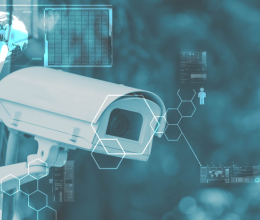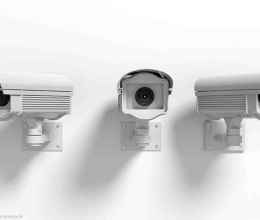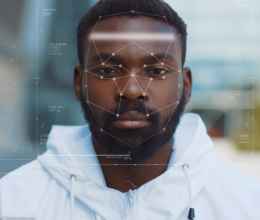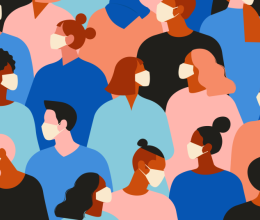NEW ORLEANS – The ACLU of Louisiana issued the following statement regarding the New Orleans City Council’s passage of an ordinance that bans the New Orleans Police Department (NOPD) from using facial recognition technology. New Orleans is only the second city in the South to ban the technology—Jackson, Mississippi was the first, passing the ban earlier this year.
“Today’s vote is a victory for all New Orleanians, who have been subjected to wasteful and ineffective mass surveillance technologies for far too long,” said ACLU of Louisiana Advocacy Director Chris Kaiser. “New Orleans has been plagued by a history of overcriminalization and wrongful convictions, and the biased surveillance technologies this ordinance bans have threatened to keep us on that path.”
“We were deeply disappointed to learn that NOPD has secretly employed facial recognition for at least two years,” said ACLU of Louisiana Executive Director Alanah Odoms. “This type of technology is unreliable due to its inherent bias, and is especially inaccurate in identifying Black faces, which increases the risk of wrongful arrest and worsens racial disparities within our community. While there is still more work to do in order to reverse our city’s history of overcriminalization and mass incarceration, we’re pleased the New Orleans City Council has taken this critical step forward.”
Surveillance technologies are shown to have a disparate racial impact, with Black people more likely to be misidentified as suspects and disproportionately placed under surveillance. A 2019 study by the National Institute of Standards and Technology (NIST) found that face recognition algorithms do not perform as well when examining the faces of women, people of color, the elderly, and children. Additionally, video surveillance has not been proven effective. Criminologists studying camera deployments say there is no evidence they prevent or reduce crime.
In addition to banning four invasive surveillance technologies, the ordinance passed today will also limit the collection and sharing of people’s immigration status and limit the city’s ability to buy or sell data obtained with public or private surveillance technology.




